‘Prometheus’ Star Noomi Rapace Would Rather Play Roles Written For Men Than “Likable” Women: “F**k Likable”
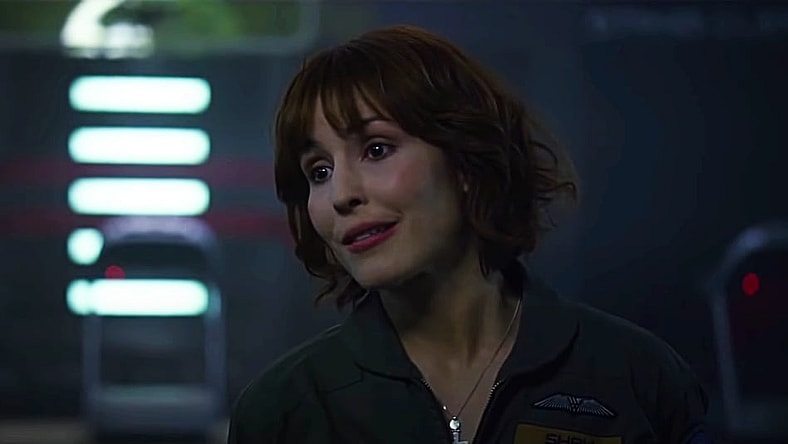
Hollywood is crazy for gender-swapped roles, especially in the superhero and action genres. Paul Feig’s Ghostbusters: Answer the Call is the most notorious example that didn’t go over well, but despite diminishing returns with female-led action movies, the trend probably won’t end unless a drastic paradigm shift occurs. Though the studios might be hemorrhaging money, they don’t care.
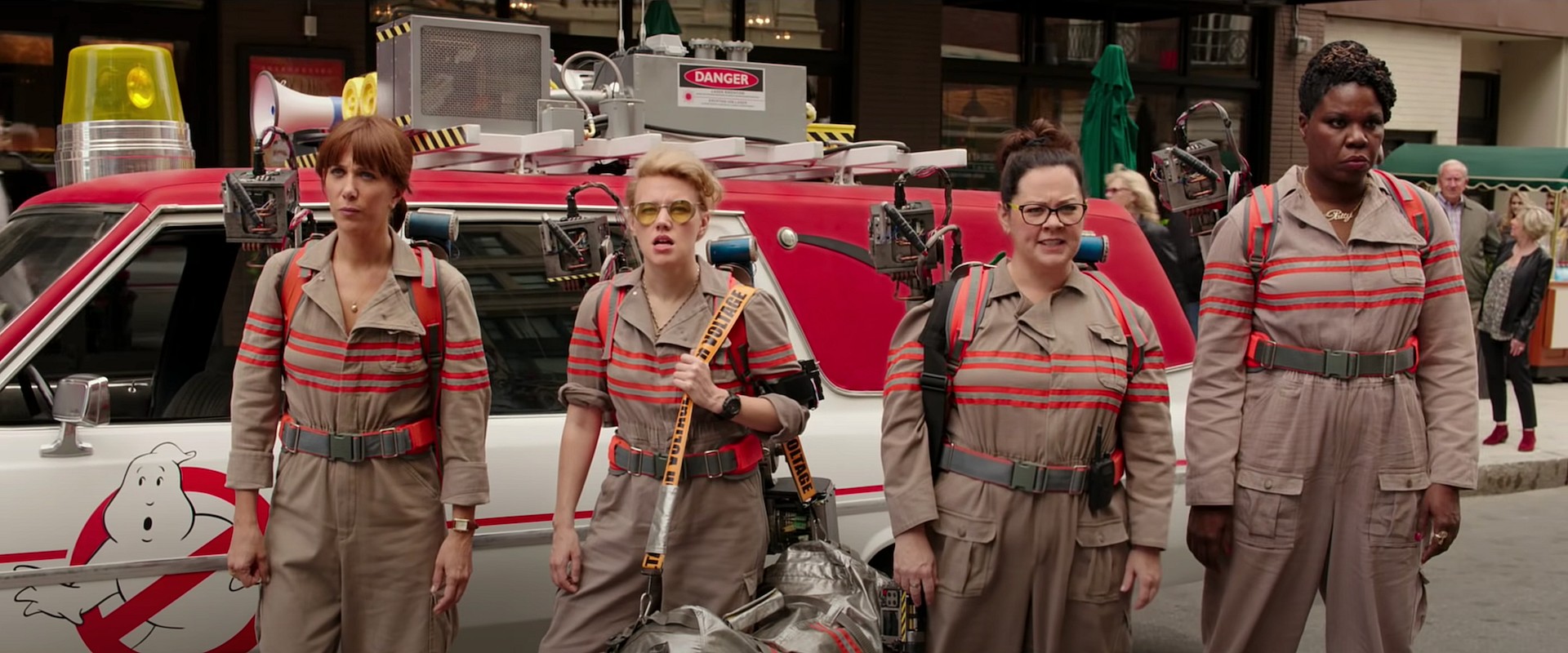
They’ll go until the wheels fall off, and there is a surprising reason beyond the narrow motivation of the reckless abandon lampooned by South Park. Some actors leave the impression there is more going on than pandering to a small population and the stubbornness of Kathleen Kennedy types in the upper echelons. In some cases, the performer demands a part they don’t fit.
Swedish actress Noomi Rapace, known for her country’s adaptation of The Girl With The Dragon Tattoo and Ridley Scott’s Prometheus, falls into that category. When discussing her 2022 film Black Crab, an adaptation of another Scandinavian novel, Rapace explained she prefers playing roles that are bold and punishing as opposed to fragile or “likable.”
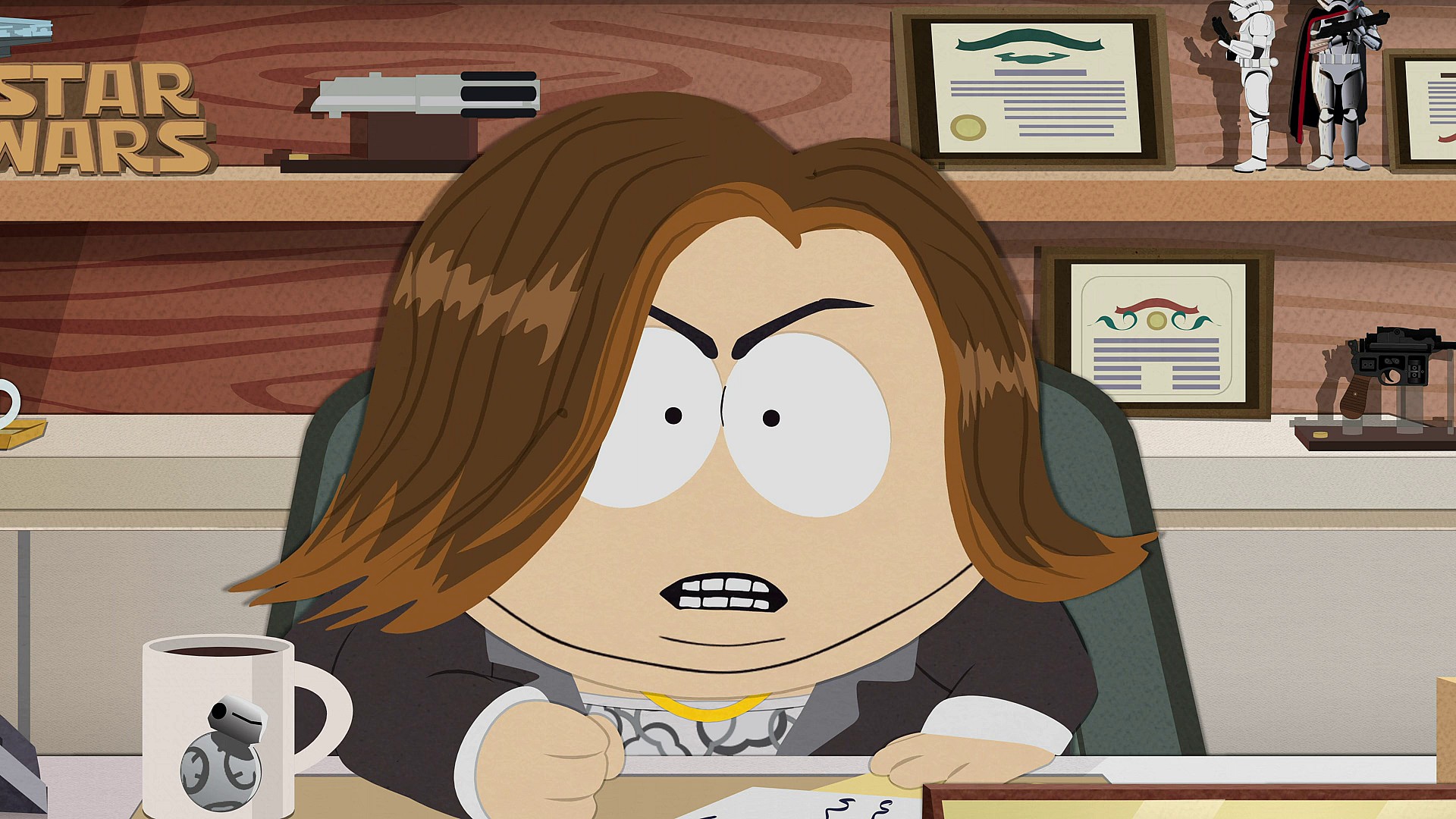
“I can read a script and be like, ‘I don’t want to play the female lead, but what about the male lead? I like that character more. For so many years, the female roles were cute and pretty. they’re attractive and they’re likable. They’re so damn likable,” Rapace told the Netflix subsidiary Tudum. “I’m like ‘f**k likable.’”
So director Adam Berg rewrote the part to fit her and named the character Caroline. Interestingly, this isn’t the first time this happened in Rapace’s career, and the last occurrence affected the whole cast.
“[A gender switch] happened on What Happened to Monday, the first film I did for Netflix where it was [originally about] seven brothers, and, when I came onboard, it was [changed] to seven sisters. And now, with Black Crab, I think Adam knew that he wanted me to bring Caroline Edh to life,” she said.
Yet, for her, there was an opportunity to explore the primal side of motherhood. “[I was at] my most primal when I did Lamb. I was standing eye-to-eye with the sheep mother and we had a staring contest, and I just felt like we’re both protecting our babies,” Rapace said. “And I was like, ‘I’m as much an animal as you.’”
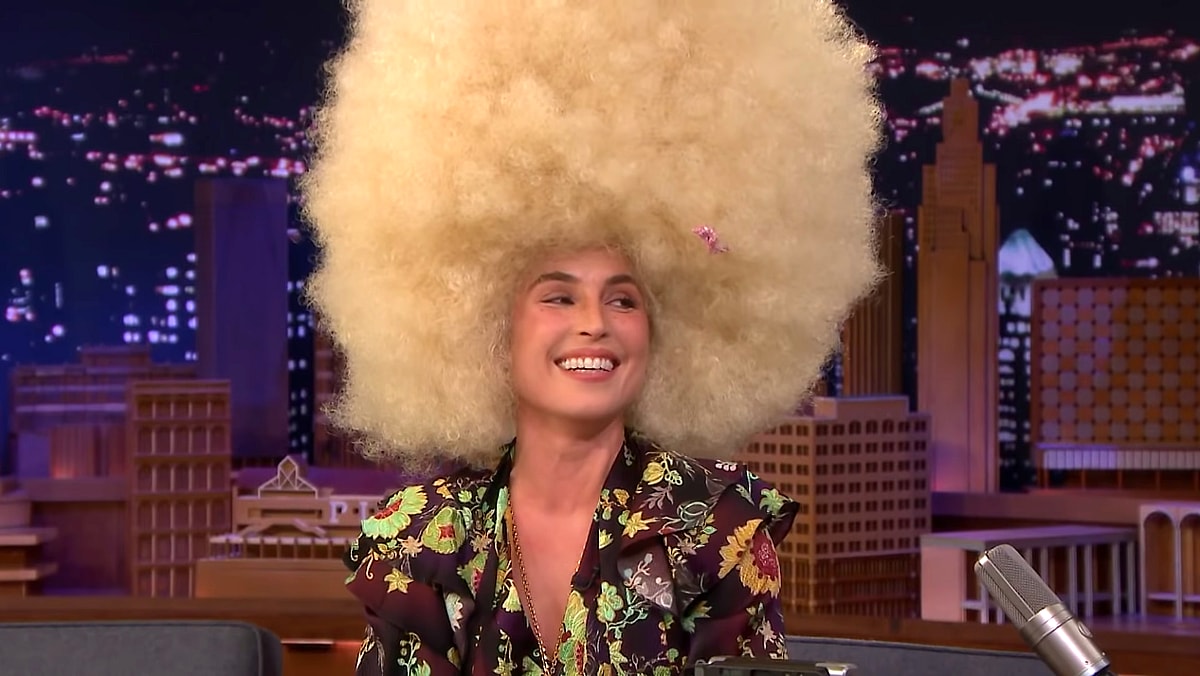
She continued, “And I feel like that [protective instinct] is something deep in my core. It’s something I can easily tap into and there [are] so many forms of motherhood. It’s an endless ocean of different motherhoods and different relationships that you can explore. It’s so primal and real.” As a mother, she relates and pushes for this kind of role.
“I find those roles fascinating because it’s my love for my son and what I would do for him is my strongest relationship. That’s the only relationship where you have no hesitation. I’ll die for him any day. I’d go to jail for him, I’ll do anything for him. It’s something very powerful, very clear, and very selfless and unconditional,” she added.
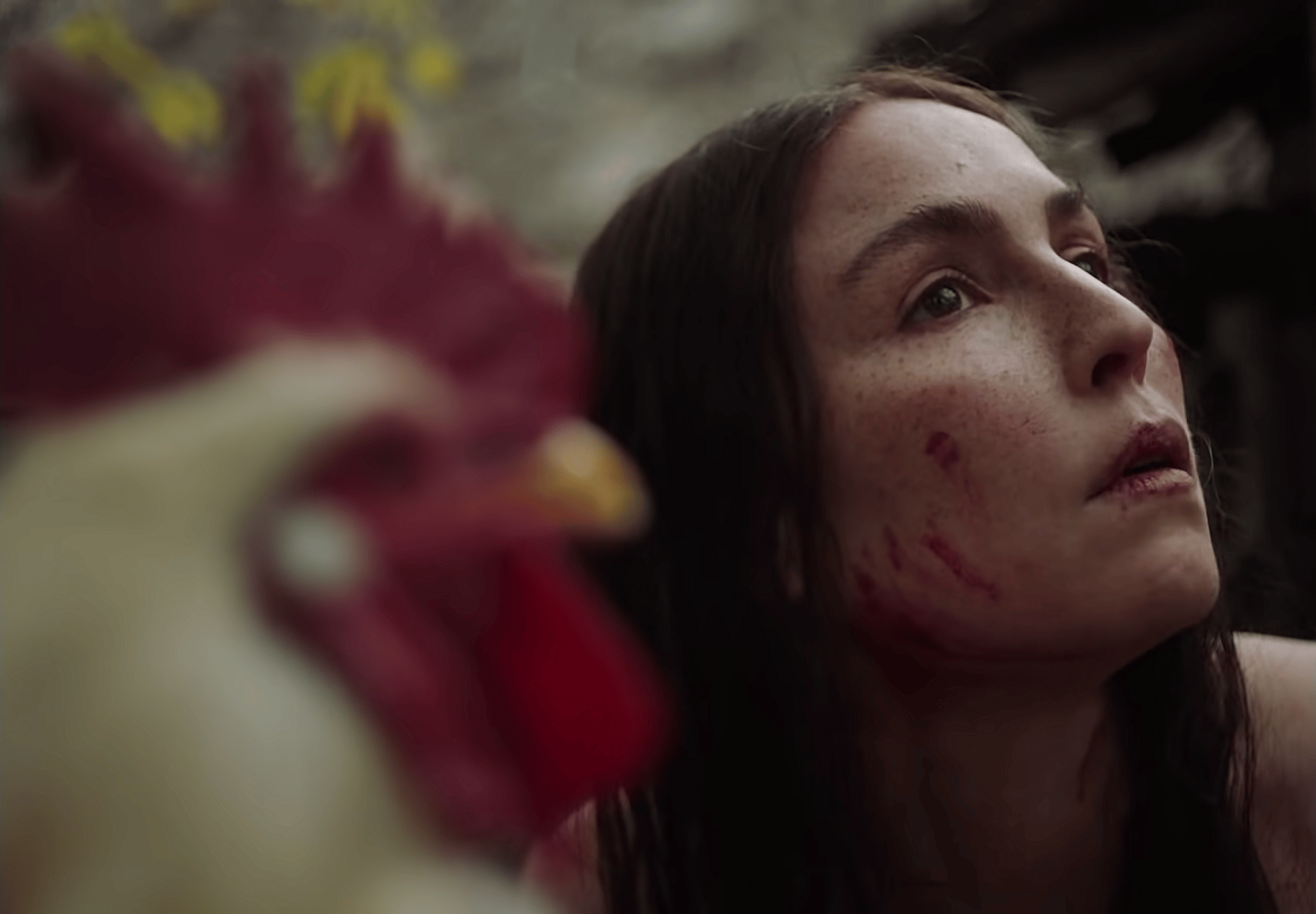
Rapace also relished the chance to push herself physically and return to Sweden to work in the raw elements of the climate there. “I think it’s important to tell stories about fighting through and coming back and healing. I ask myself: How far can you get with your willpower?” she said. In other words, the hook was the ‘mind over matter’ concept.
“For example, when you decide to do something, your mind is so strong, you can basically give your brain so much information that it will make the body start to believe in it,” she added. “That combined with her motherhood created a layered and interesting character for me to step into.” However, the process wasn’t easy as Rapace experienced a regrettable injury.
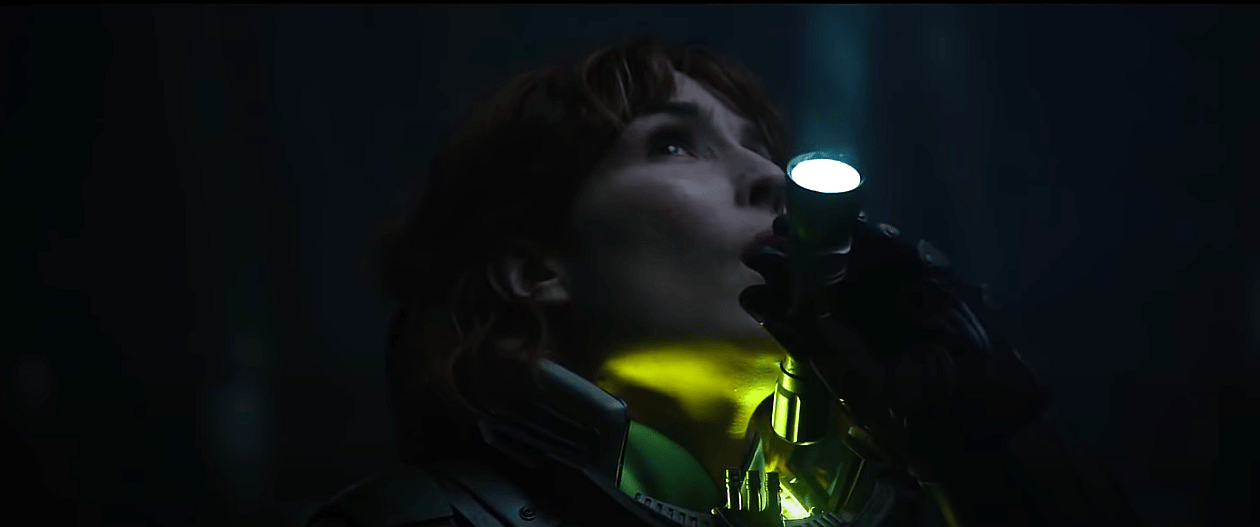
“I had an accident early on in the film. I broke my nose on the movie, and we had to pause production because I had to heal. When I came back on set, I was scared to be hurt again. I was scared because I felt like I lost all my training. I felt vulnerable, I felt fragile. And I had to ask for help,” she explained.
“I had to admit that I was small, that I was scared, that I felt insecure, that I had a ghost in my head, and I felt a lot of stress in my body. I had to ask people for help, and I had to include people in my fragility and in that state of vulnerability, which I’ve never experienced publicly before,” Rapace continued.
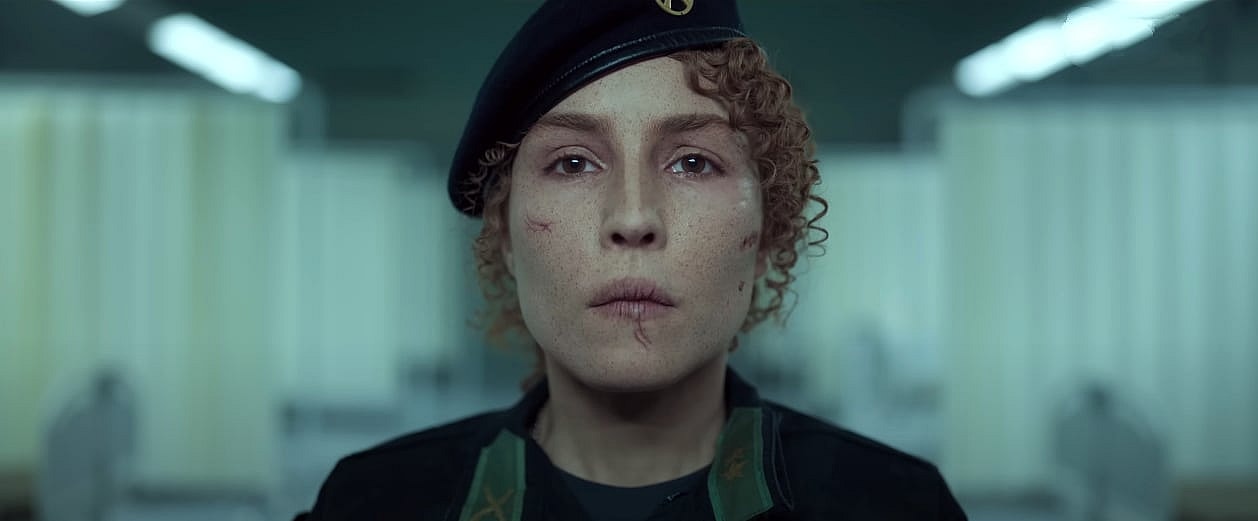
This conspicuous trouble gave her an epiphany. “I’ve always thought I was strong on my own and that I can survive anything [and that] I don’t need anybody else. Then, in the midst of filming, I needed people. And it was OK for me to ask for help,” from her stunt double, she admitted.
